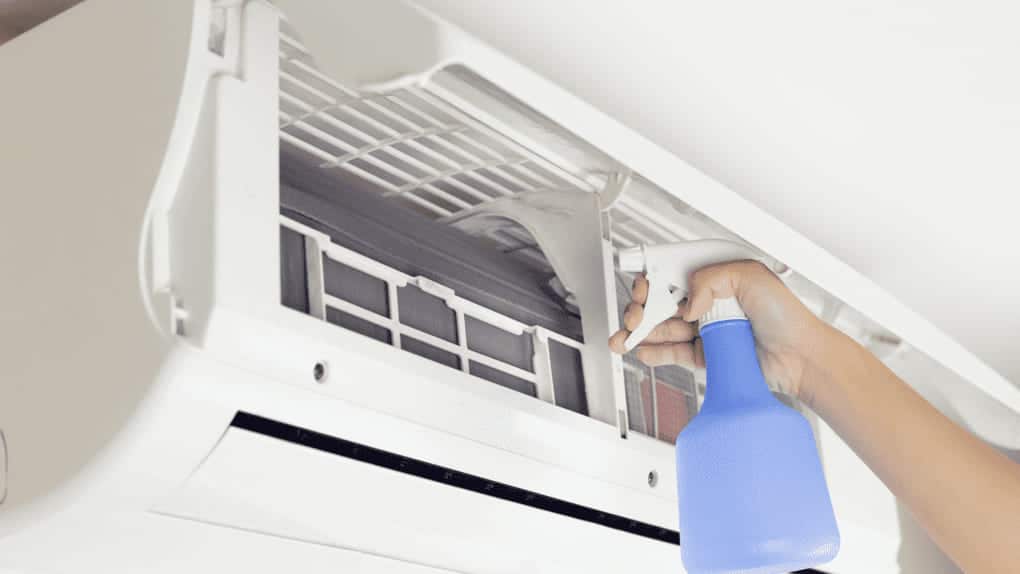When seasonal shifts occur, the demands on the demands on your heating, ventilation, and air conditioning system often referred to as heating and cooling systems. Understanding how it operates is vital for maintaining your home comfort in your home throughout the year. As you prepare for the chill of winter and the sweltering heat of summer, investing effort in your HVAC system can save you from costly breakdowns, improve energy savings, and improve the quality of air indoors.
Here you will find essential guides for seasonal HVAC maintenance that ensures your system runs smoothly throughout the year. From common HVAC issues and smart tips for lowering energy bills, we will guide you through all the necessary information. Whether you are a novice or have some experience with HVAC systems, our comprehensive tips will help you enjoy a comfortable and healthy living environment.
Understanding Heating, Ventilation, and Air Conditioning Technologies
Heating, ventilation, and air conditioning, which stands for a critical component of modern comfort, is a vital system in modern houses and facilities that ensures comfort through temperature regulation and air quality control. At its core, HVAC systems execute three primary functions: heating, cooling, and ventilation. By managing https://yamcode.com/top-indicators-your-hvac-system-demands-an-update , they contribute to create a pleasant living environment regardless of external weather conditions. Many systems combine these functions into one unit, whereas others might involve separate components for each function.
The heating component typically uses boilers or heat pumps to warm the indoor air during chilly months. Furnaces function by generating heat through gas, oil, or electricity, while heat pumps convey heat from the external environment to the indoor space. In contrast, the cooling aspect primarily relies on cooling devices that extract heat from the indoor air, using refrigerants to cool down and dry out the space efficiently. These systems work in conjunction with ductwork or fans to spread warmed or cooled air throughout the building.

Ventilation, the third important function of HVAC systems, involves the exchange of indoor air with fresh environmental air. This process is vital for maintaining indoor air quality and filtering out pollutants, allergens, and moisture that can build up over time. Different forms of ventilation exist, including uncontrolled ventilation, active ventilation, and equilibrium systems. Together, these components and functions work to create a safe and inviting indoor environment ideal for all occupants.
HVAC Maintenance and Efficiency
Regular upkeep of your HVAC system is vital for guaranteeing peak performance and effectiveness. A well-maintained system works more effectively, which can lead to decreased energy bills and enhanced comfort levels in your home. Essential upkeep tasks consist of changing air filters on a regular basis, inspecting for any leaks in ductwork, and ensuring that the outdoor unit is free of debris. Organizing regular professional inspections can also help spot potential issues before they become significant problems.
Another important aspect of HVAC efficiency is proper thermostat control. Configuring your thermostat properly for each season can result in a considerable difference in energy consumption. For cold months, consider lowering your thermostat a bit of degrees when you are away or asleep. In the summer, raising the temperature a bit when you are not home can diminish cooling costs. Additionally, utilizing automatic thermostats can enhance your HVAC system's efficiency by dynamically adjusting settings based on your habits, thereby enhancing effectiveness.
Indoor air quality is interconnected with HVAC efficiency. Routine maintenance practices can prevent dust, mold, and allergens from circulating in your home, which can negatively impact air quality and raise the workload on your HVAC system. Selecting the right air filters and ensuring adequate ventilation are crucial for maintaining a clean environment. This not only promotes your HVAC system’s efficiency but also contributes to a more comfortable and healthier living space.
Seasonal Heating, Ventilation, and Air Conditioning Preparation
Setting up your HVAC system for the changing seasons is important to guarantee maximum performance and efficiency. For the cold season, it’s necessary to check the warmth components, including the heat source and temperature control settings. Make sure to change out air filters to enhance airflow and maintain indoor air quality. Checking ductwork for breaches and sealing any gaps can avoid heat loss, helping to keep your home warm without straining your system.
As summer approaches, it's crucial to prepare your air conditioning system for the elevated temperatures. Start by cleaning the outdoor unit of your air conditioner, removing debris and foliage that could obstruct airflow. Check the refrigerant levels, and make sure that all connections are tight. Configuring https://milsaver.com/members/sizesize1/activity/1470650/ to a elevated temperature while you're away can also assist lower energy bills, allowing your HVAC system to run more efficiently.
In both seasons, scheduling a professional tune-up can provide additional peace of mind. Technicians can identify and correct potential issues before they become significant problems, thus extending the life of your HVAC system. Regular maintenance is crucial to promoting energy efficiency, enhancing indoor comfort, and avoiding costly repairs later on. By adhering to these seasonal preparations, you ensure that your home remains pleasant all year long.
